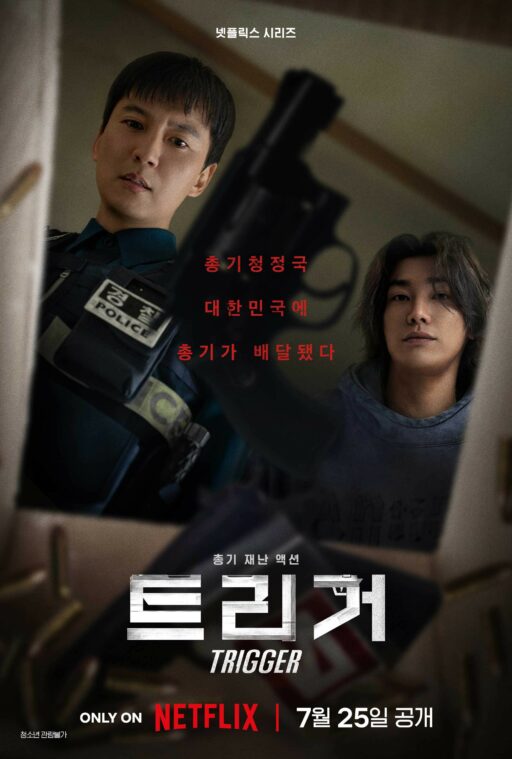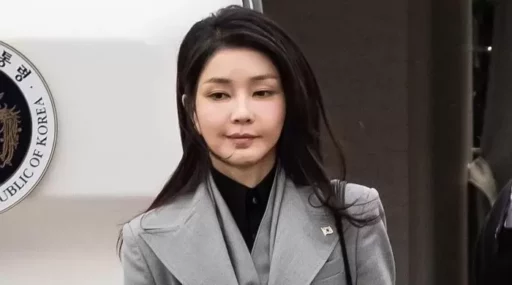'Squid Game 3' Group Jump Rope Challenge Sparks Historical Controversy in Japan
The Netflix original series 'Squid Game' season 3, released on the 27th of last month, has set a record by becoming the first in Netflix's content history to achieve the number one spot in all countries in its opening week.
Fueled by this global popularity, a 'game from Squid Game' challenge is once again creating a sensation among online users overseas.
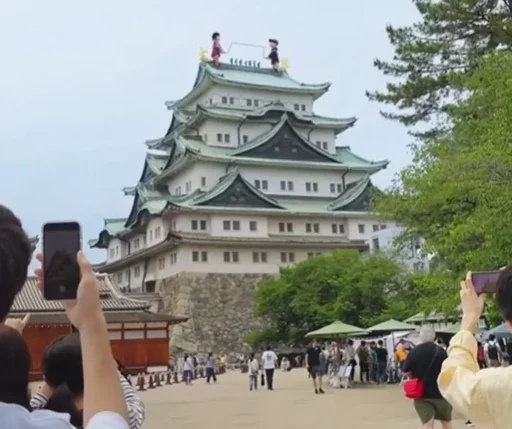
One game that has particularly grabbed attention in season 3 is group jump rope. Videos capturing both jump rope challenges using game filters and actual jump rope experiences have been uploaded continuously on social media (SNS), garnering significant popularity.
However, in Japan, this group jump rope has unexpectedly turned into a cultural controversy.
The Japanese Netflix official account released a promotional video on the 5th, accompanied by the phrase, "Good children shouldn't try this," placing the video at the center of the controversy. The video featured seven individuals in the iconic green tracksuits from 'Squid Game' performing group jump rope at Nagoya Castle's tenshukaku, an important historical building in Japan.
Concerns About Historical Cultural Asset Respect from Japanese Netizens
Although the video combined actual scenes from Nagoya Castle with CGI of people jumping rope, the overall response from Japanese netizens was negative.
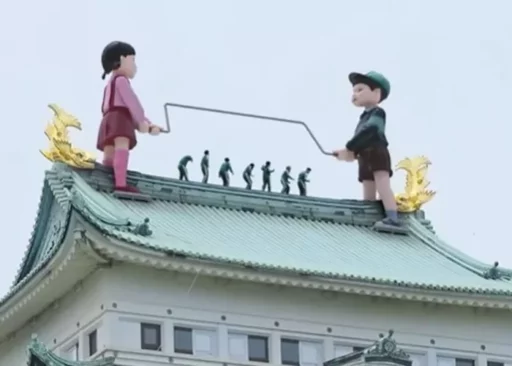
Local SNS users commented, "The show is fun, but it's not pleasant to see a place like Nagoya Castle being used so carelessly," and "It might be natural for a foreign company to misalign with Japanese sentiments, but this is going too far," among other critical opinions.
Additional posts included statements like, "This is not funny at all. I feel no respect for Japanese history," "This is likely to stir controversy," and "What is this? How do you see the castle of Japan?"
Some netizens even commented, "It's only natural for people to feel malice when a company dominated by Korea does this," and "Is Netflix being invaded by Korea from within?" relating the promotion to Korea.
The reason for these negative reactions lies in the fact that Nagoya Castle possesses significant historical value for the Japanese people. Constructed in 1612 under the command of Tokugawa Ieyasu, who initiated the Edo period, Nagoya Castle has a painful history of being destroyed during air raids in the latter part of World War II in 1945.
Conflict Between Historical Value and Commercial Utilization
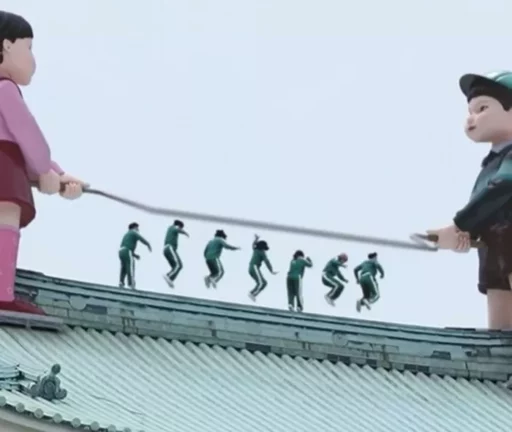
Although Nagoya Castle was reconstructed in concrete in 1959 through citizen donations, it has been undergoing restoration work since last year due to aging and seismic issues. It is especially recognized as a historically valuable site designated as a 'special historic site' by Japan's Ministry of Education, Culture, Sports, Science and Technology.
In response to this controversy, representatives of Nagoya Castle stated, "We have nothing special to comment," providing a brief stance.
Regarding the cooperation for the promotional filming, a representative from Nagoya Castle explained to local media, "Nagoya Castle is classified as a city park, and according to Nagoya City’s city park regulations, prior permission is required for filming for profit. In this case, permission was granted after an application stating that they would be filming the castle's roof went through the proper processes."
Image source: x 'netflixjp'
